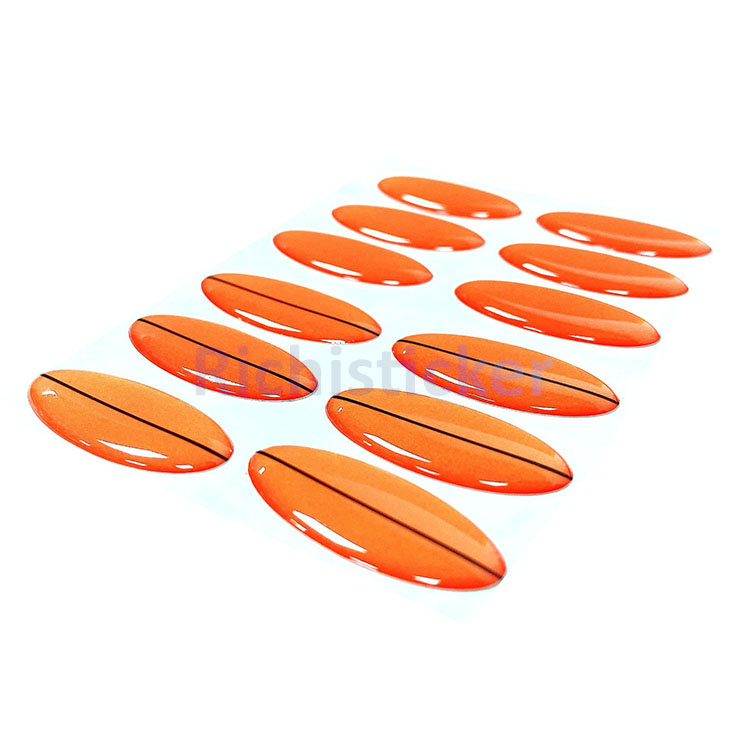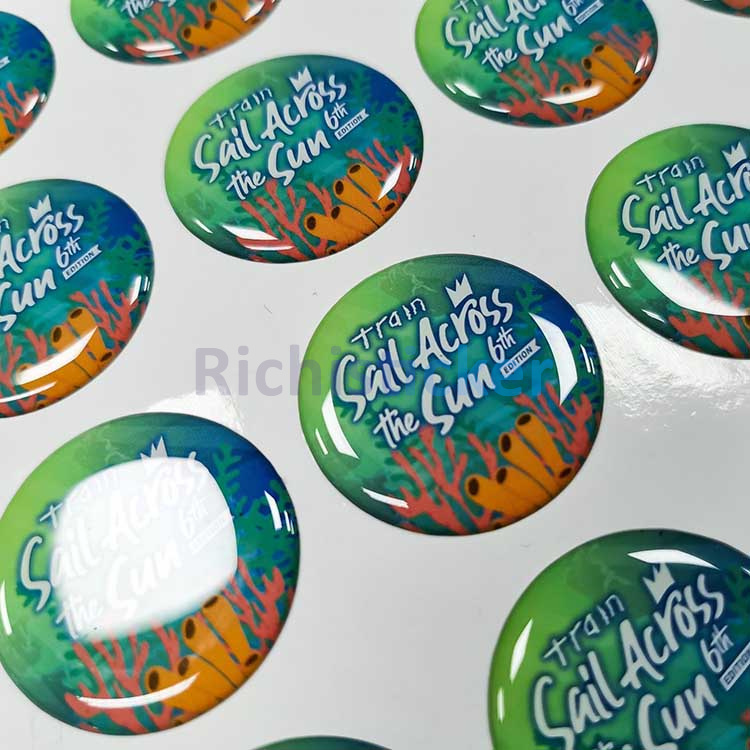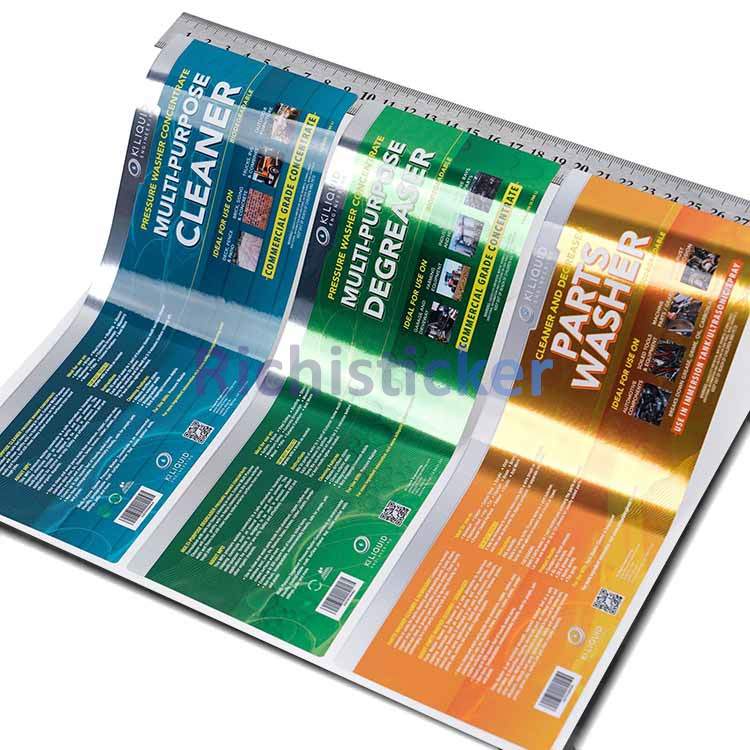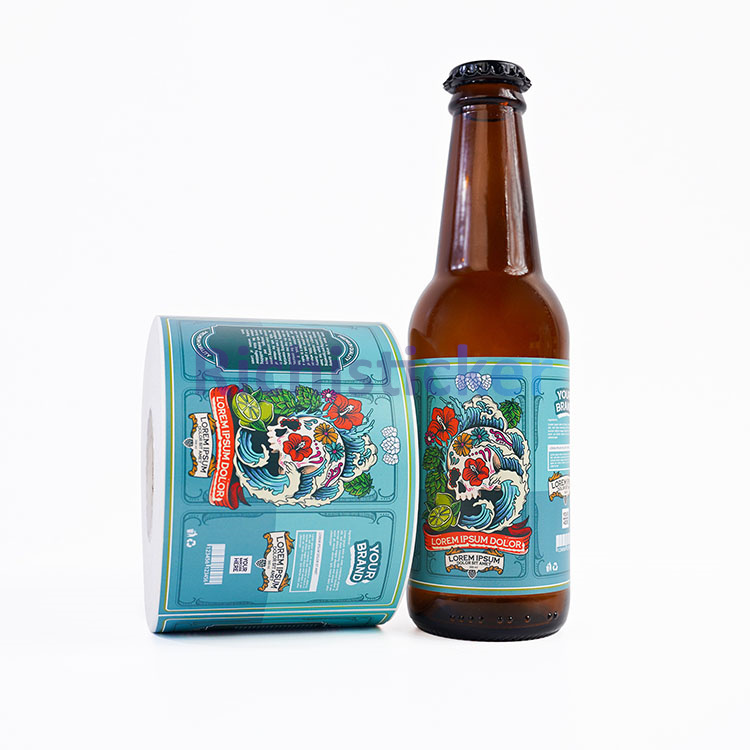Anodize
Unrivaled Durability & Color: Anodized Labels for Extreme Conditions
When standard labels simply won't suffice against harsh environments, anodized labels emerge as the ultimate solution for enduring identification. Far beyond surface printing, anodizing is an electrochemical process that transforms aluminum into an incredibly hard, corrosion-resistant, and aesthetically versatile material, making it ideal for the most demanding applications.
What is Anodizing for Labels?
Anodizing is an electrochemical conversion process that thickens and toughens the natural oxide layer on the surface of aluminum. Unlike painting or plating, the enhanced oxide layer is integral to the aluminum substrate, making it highly durable. For anodized labels and metal nameplates, designs (text, graphics, barcodes) are either etched into this layer using a laser or printed with special dyes that absorb into the porous anodic coating before it's sealed. This results in an embedded, permanent image.
Why Choose Anodized Labels?
The distinct advantages of anodized labels make them indispensable in challenging conditions:
Extreme Hardness & Abrasion Resistance: The hardened surface is exceptionally resistant to scratches, scuffs, and general wear and tear, far surpassing conventional printed labels.
Superior Corrosion Resistance: The thick oxide layer provides excellent protection against rust, oxidation, salt spray, and various chemicals, making them perfect for marine or industrial use.
UV Stability & Fade Resistance: Colors and markings are embedded within the anodic layer, offering outstanding resistance to UV radiation and preventing fading even with prolonged outdoor exposure.
Vibrant, Embedded Colors: Anodizing allows for a wide range of vibrant, uniform colors that are part of the metal itself, providing a premium and consistent finish.
Lightweight & Eco-friendly: Aluminum is lightweight, and the anodizing process is generally environmentally friendly.
Ideal Applications for Anodized Labels
Anodized labels and durable nameplates are the preferred choice for sectors where performance in extreme conditions is critical:
Industrial Equipment & Machinery: For permanent asset identification, control panels, safety tags, and serial number plates exposed to harsh chemicals, high temperatures, or abrasion.
Military & Aerospace: Where components require precise, long-lasting identification that meets stringent specifications.
Marine & Outdoor Environments: For labels on boats, outdoor instruments, and infrastructure exposed to saltwater, sun, and weather.
Automotive Components: For parts requiring heat, chemical, and wear resistance.
When your identification solution must endure the toughest environments while maintaining clarity and aesthetic appeal, anodized labels provide unmatched durability and performance.
When standard labels simply won't suffice against harsh environments, anodized labels emerge as the ultimate solution for enduring identification. Far beyond surface printing, anodizing is an electrochemical process that transforms aluminum into an incredibly hard, corrosion-resistant, and aesthetically versatile material, making it ideal for the most demanding applications.
What is Anodizing for Labels?
Anodizing is an electrochemical conversion process that thickens and toughens the natural oxide layer on the surface of aluminum. Unlike painting or plating, the enhanced oxide layer is integral to the aluminum substrate, making it highly durable. For anodized labels and metal nameplates, designs (text, graphics, barcodes) are either etched into this layer using a laser or printed with special dyes that absorb into the porous anodic coating before it's sealed. This results in an embedded, permanent image.
Why Choose Anodized Labels?
The distinct advantages of anodized labels make them indispensable in challenging conditions:
Extreme Hardness & Abrasion Resistance: The hardened surface is exceptionally resistant to scratches, scuffs, and general wear and tear, far surpassing conventional printed labels.
Superior Corrosion Resistance: The thick oxide layer provides excellent protection against rust, oxidation, salt spray, and various chemicals, making them perfect for marine or industrial use.
UV Stability & Fade Resistance: Colors and markings are embedded within the anodic layer, offering outstanding resistance to UV radiation and preventing fading even with prolonged outdoor exposure.
Vibrant, Embedded Colors: Anodizing allows for a wide range of vibrant, uniform colors that are part of the metal itself, providing a premium and consistent finish.
Lightweight & Eco-friendly: Aluminum is lightweight, and the anodizing process is generally environmentally friendly.
Ideal Applications for Anodized Labels
Anodized labels and durable nameplates are the preferred choice for sectors where performance in extreme conditions is critical:
Industrial Equipment & Machinery: For permanent asset identification, control panels, safety tags, and serial number plates exposed to harsh chemicals, high temperatures, or abrasion.
Military & Aerospace: Where components require precise, long-lasting identification that meets stringent specifications.
Marine & Outdoor Environments: For labels on boats, outdoor instruments, and infrastructure exposed to saltwater, sun, and weather.
Automotive Components: For parts requiring heat, chemical, and wear resistance.
When your identification solution must endure the toughest environments while maintaining clarity and aesthetic appeal, anodized labels provide unmatched durability and performance.




